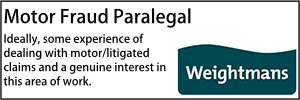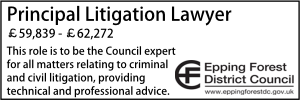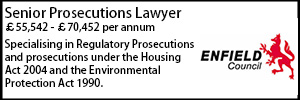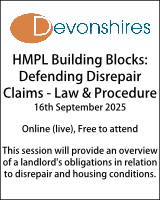Supreme Court rejects appeal by Uber over private hire vehicle contracting regime outside London and Plymouth
The Supreme Court has dismissed an appeal by Uber over whether the regulatory regime for the provision of private hire vehicles (PHVs) outside London and Plymouth makes it unlawful for an operator to accept a booking otherwise than by entering as principal into an immediate contract of hire with the passenger to provide the journey which is the subject of the booking.
- Details
The case of D.E.L.T.A. Merseyside Limited and another v Uber Britannia Limited [2025] UKSC 31 concerned the correct interpretation of the statutory regime regulating the provision of PHVs, which – as distinct from traditional taxis – cannot ply for hire on the streets but are booked in advance through an “operator”.
Part II of the Local Government (Miscellaneous Provisions) Act 1976 (as amended) regulates the PHV trade outside London and Plymouth by imposing a “triple licensing lock”: operator, driver, and vehicle must each be licensed by the relevant local authority, the Supreme Court’s press summary noted.
It added that historically, the PHV trade has “operated in several different ways: the operator might contract directly with the customer as principal, or do so only as an agent for the driver, or the operator may merely arrange for the driver to attend the customer and leave the contract of hire for them to arrange among themselves.
“However, in another case, the Divisional Court interpretated the separate (though in some ways similar) regulatory regime for London as requiring operators not to accept bookings by any means other than by entering into a contract for hire as principal.”
On the back of that ruling, Uber successfully requested a declaration from the High Court to the effect that the separate non-London regulatory regime (under the 1976 Act) is to be interpreted as imposing that same constraint on operators.
The Court of Appeal disagreed. Uber appealed to the Supreme Court.
The Supreme Court unanimously dismissed the appeal.
Lord Briggs, with whom the other justices agreed, gave the judgment.
The Supreme Court judge concluded that nothing in the 1976 Act expressly imposed the constraint contended for by Uber. Nor could it be said to be inherent or implied in the concept of accepting a booking, or necessitated by the regulatory purpose of the Act.
Nia Cooper, Chief Legal Officer at Veezu, said: "This decision is a triumph for the UK Private Hire sector. The unanimous verdict ends a three-year legal battle and confirms that operators can continue to choose which business model they adopt to run their business. Uber was seeking a declaration that would have resulted in 20% VAT being charged on all PHV fares. Today’s outcome protects these often vulnerable passengers from crippling fare increases, avoids undue burdens on licensing authorities, maintains the status quo for licensed PHV drivers and allows the private hire sector to keep serving the people and places that rely on it 24/7."
Tim Ward KC of Monckton Chambers and Ranjit Bhose KC of Cornerstone Barristers appeared for Uber Britannia Limited, instructed by Hogan Lovells International LLP (London).
Philip Kolvin KC of 11KBW and Jen Coyne of Monckton Chambers appeared for D.E.L.T.A. Merseyside, the first respondent, instructed by Aaron & Partners.
Gerald Gouriet KC and Michael Feeney of Francis Taylor Building appeared for Veezu Holdings, the second respondent, instructed by Capital Law.
See also: Private hire vehicles and contracting - The Supreme Court has handed down a key ruling on the correct interpretation of the statutory regime regulating the provision of private hire vehicles. Gerald Gouriet KC and Michael Feeney analyse the judgment.
Trust Solicitor (Public & Healthcare Law)
Trust Solicitor (Employment & Contract Law)
Locums
Poll



























